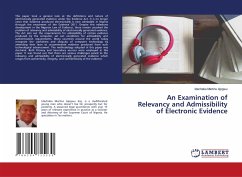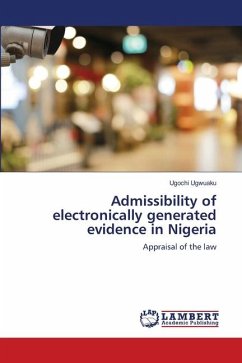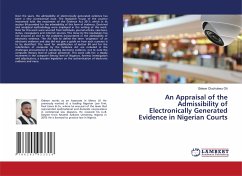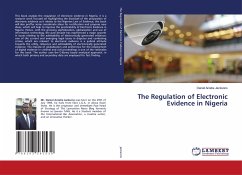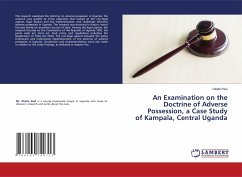This paper took a general look at the definitions and nature of electronically generated evidence under the Evidence Act. It is no longer news that evidence produced electronically is now admissible in Nigeria through the enactment of the Evidence 2011. Despite this milestone development in the Nigerian Law of Evidence, there remain unsolved the problem of relevancy and admissibility of electronically generated evidence. The Act sets out the requirements for admissibility of certain evidence produced by the computer, set out conditions for admissibility and authentication requirements. Many countries around the world today recognize the usefulness and ubiquity of computer technology by amending their laws to accommodate evidence produced from such technological advancement. The methodology adopted in this paper was doctrinal. Both Primary and Secondary sources were employed in this paper. It was found out that there are various challenges posed to the relevancy and admissibility of electronically generated evidence which ranges from authenticity, integrity, and confidentiality of the evidence.
Bitte wählen Sie Ihr Anliegen aus.
Rechnungen
Retourenschein anfordern
Bestellstatus
Storno

